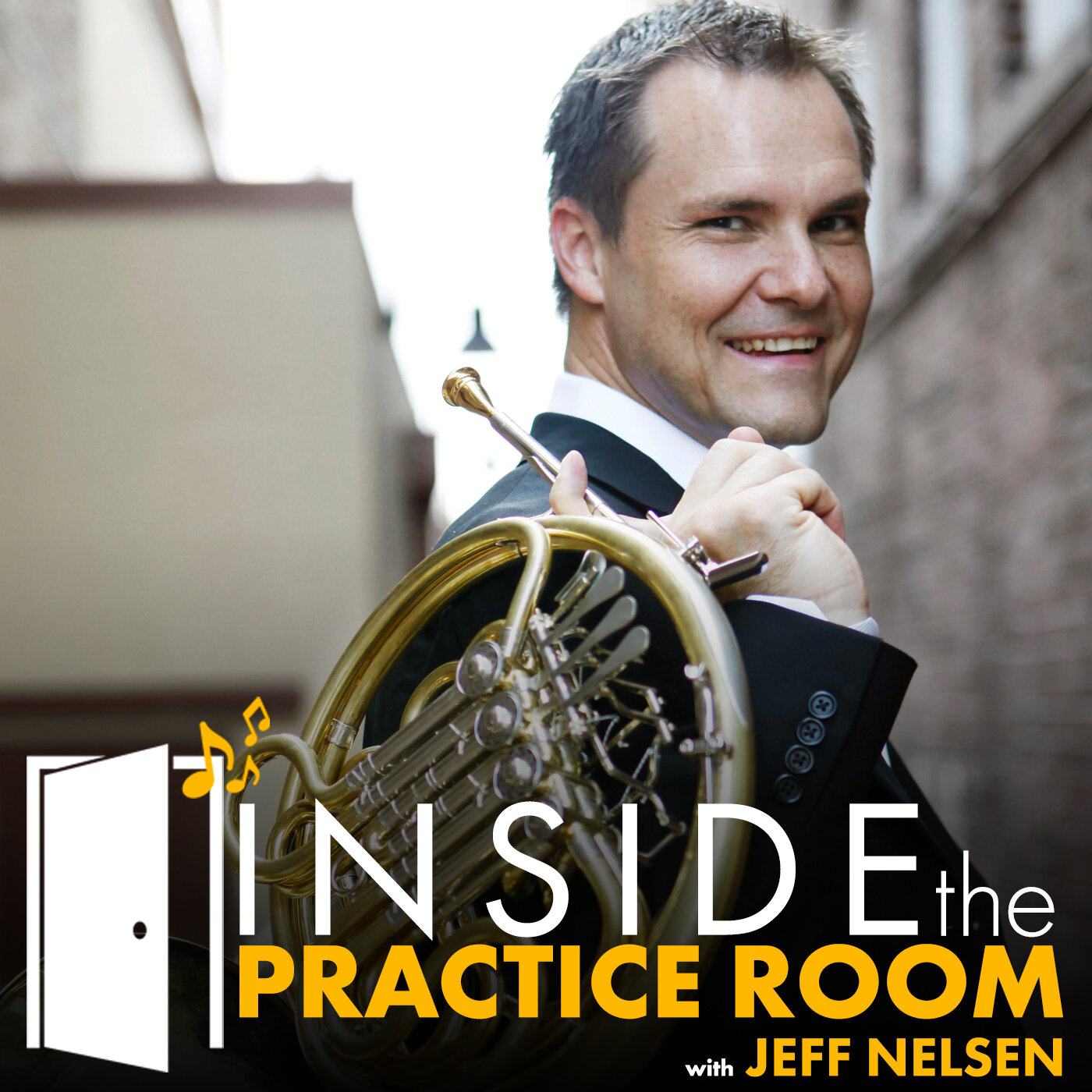TBJ185: Sylvia Alimena
Andrew Hitz
Sylvia Alimena is a gift to the brass world and the music world in general!
As you will hear, she has an incredibly refreshing outlook on performing, teaching and on life.
The work that she does with Brass of Peace will have a ripple effect on the world for many years to come.
I’m so glad we were finally able to make this interview happen!
You can watch the episode on YouTube below or head over to Pedal Note Media for all of the links to where to find it.
Enjoy!
On This Episode of The Brass Junkies:
Sylvia’s incredible 29-year run in the National Symphony Orchestra
What it was like playing under Rostropovich
The energy and passion that was captured in the National Symphony Orchestra recordings under Rostropovich
The one-liners that Slava used to deliver in rehearsals
A memorable concert of Shostakovich 8 in Orchestra Hall in Chicago where they really went for it
The National Symphony’s transition from Rostropovich to Slatkin
What she learned as a conductor from Leonard Slatkin
Slatkin’s ability to convey everything in rehearsal with his hands rather than his word
Rostropovich’s ability to motivate every single person in the orchestra and make them feel loved and how she has tried to bring that to all of her conducting engagements
What she saw coming from the podium that she intentionally tried not to emulate herself as a conductor
The benefit of an orchestral horn section that isn’t all playing the same brand of horn
How Sylvia took over Brass of Peace from its founder
Why it’s never too soon to talk to students about artistry
Working through a common problem with “Guinea Pig Time”
Why she stopped teaching for a while and why she felt a calling to come back to it
Why the key of saying no to things is putting yourself and your health first
Her need to convey strength and where she thinks that might come from
What life was like as a female horn player in an orchestra early in her career
How she has seen kids evolve mentally to be more human towards each other than they were 30+ years ago
Lance teaching his studio to tango
“Hold the torch high”
Sylvia’s job as an educator is to give students the skills to differentiate themselves in college
The three-step audition process for Brass of Peace and what a typical season looks like
How COVID has changed whether some kids are looking to go into music for a career
Fractured Atlas and how they help to support Brass of Peace
Sylvia visits The Practicing Corner with two really good pieces of advice








